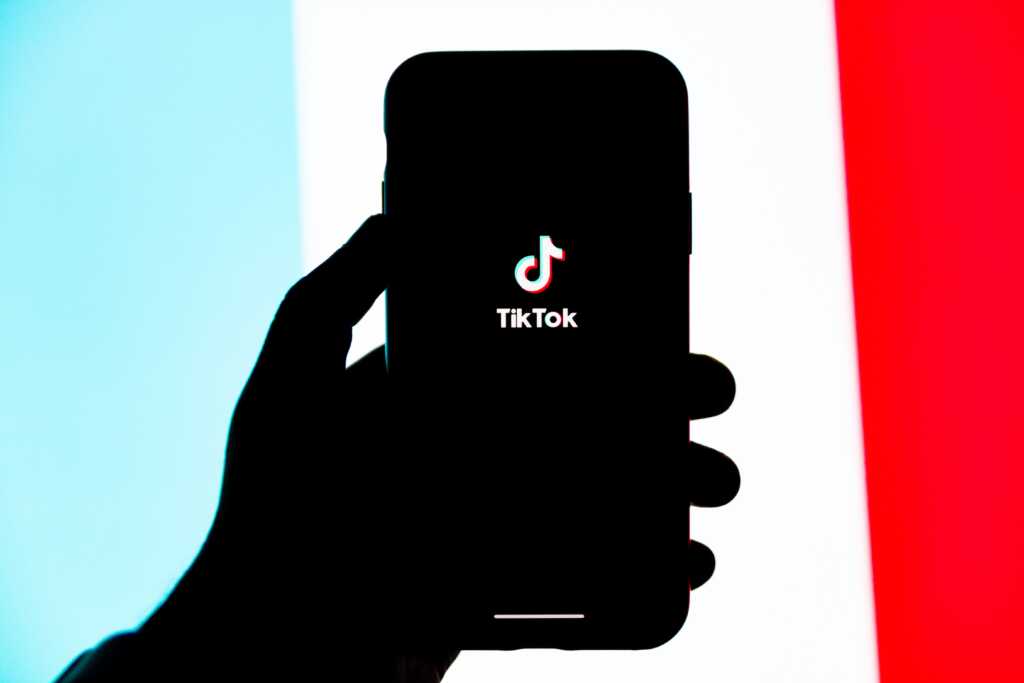The popular video-sharing app TikTok is described as a social media platform used by young people to post a variety of short-form videos, including sports, dance, comedy, and education. Apple’s download site for the app also boasts “you’ll find an endless stream of short videos that feel personalized just for you.”
In an exclusive report, The Wall Street Journal found that the app can also drive minors to an “endless stream” of content about sex and drugs.
Newspaper Created Fake Minor Accounts
Creating automated accounts called bots, the newspaper wanted to find out what TikTok shows to its young users, usually aged 13 to 15.
The bots were then directed to browse TikTok’s For You Feed. The video feed is described as a highly personalized, never-ending stream presented by the app’s algorithm.
In one example, TikTok sent one of the Journal’s fake accounts registered to a 13-year-old boy more than 560 videos about drug use references to cocaine and meth addiction, and promotional videos for online sales of drug products and paraphernalia, according to the Journal.
The app also showed the newspaper’s teenage user accounts more than 100 videos from accounts recommending paid pornography sites and sex shops. Thousands of other videos were from content producers who had labeled their content as for adults only.
Other videos sent to the accounts inspired eating disorders and promoted alcohol use, including depictions of drinking and driving and of drinking games.
Response After Findings Shown to Company
The Journal then shared their findings with TikTok, including a sample of the more than 970 videos provided to its minor accounts with content ranging from drugs to pornography as well as other adult content.
A company spokeswoman declined to discuss the content of the individual videos but said the majority didn’t violate guidelines. She told the newspaper the app removed some of the videos after the Journal’s accounts viewed them, and restricted the distribution of other videos to stop the app from recommending them to other users, but declined to say how many.
The spokeswoman said the app doesn’t differentiate between videos it presents to adults and minors but said that the platform is looking to create a tool that filters content for young users.
Call for Safeguards
TikTok’s terms of service state users must be 13 years of age, and that users under the age of 18 need parental consent.
“Protecting minors is vitally important, and TikTok has taken industry-first steps to promote a safe and age-appropriate experience for teens,” the spokeswoman said in a statement. She noted that the app allows parents to manage screen time and privacy settings for their children’s accounts.
As CBN News reported in August of 2020, the National Center on Sexual Exploitationadded the TikTok app to the center’s 2020 Dirty Dozen list and called for the U.S. to require additional safeguards from the social media platform to protect children from online predators.
Owned by Chinese Company Tied to Communist Party
TikTok also presents several other risks.
It’s owned by ByteDance, a Chinese company so closely tied to the Chinese government that it created a company committee of communist party members.
Software experts say TikTok steals more data than any other social media app and is specifically designed to hide just how much data it is stealing.
Ashkhen Kazaryan, director of Civil Liberties at TechFreedom, says TikTok has also consistently concealed its connections to the Chinese communist government.
“They refused to testify to the Senate saying that their executives are based in Beijing. Then their lawyers told The New York Times that they’re not a Chinese company because they’re incorporated in the Cayman Islands, things like that kept happening over and over again,” Kazaryan said.
Designed to Steal Consumer Data
Experts say TikTok was designed primarily as a data-stealing app meant to look like a social media app, and it has given the Chinese Communist Party access to the personal data of millions of Americans.
Former President Trump had banned the app last fall, citing national security risks. However, in June, the Biden administration lifted the Trump bans on TikTok and WeChat.
Writing for Forbes Magazine, contributor Arthur Herman pointed out that Biden’s lifting of the TikTok ban was a mistake.
“It’s not clear why the administration gave way on this,” Herman wrote. “Although Biden officials talk tough about confronting Beijing’s arrogance and aggression, and try to reassure us they are on the case (for example, in expanding the Trump ban on Americans investing in Chinese companies with purported links to China’s military) their approach seems to be trying to craft a ‘comprehensive’ China strategy that’s so broad it won’t hurt Beijing’s feelings.”
“Defeating TikTok and WeChat are skirmishes in a much bigger war, the war for the high-tech future,” he added. “Our teens will survive without TikTok; our freedoms won’t if we lose that larger conflict.”


